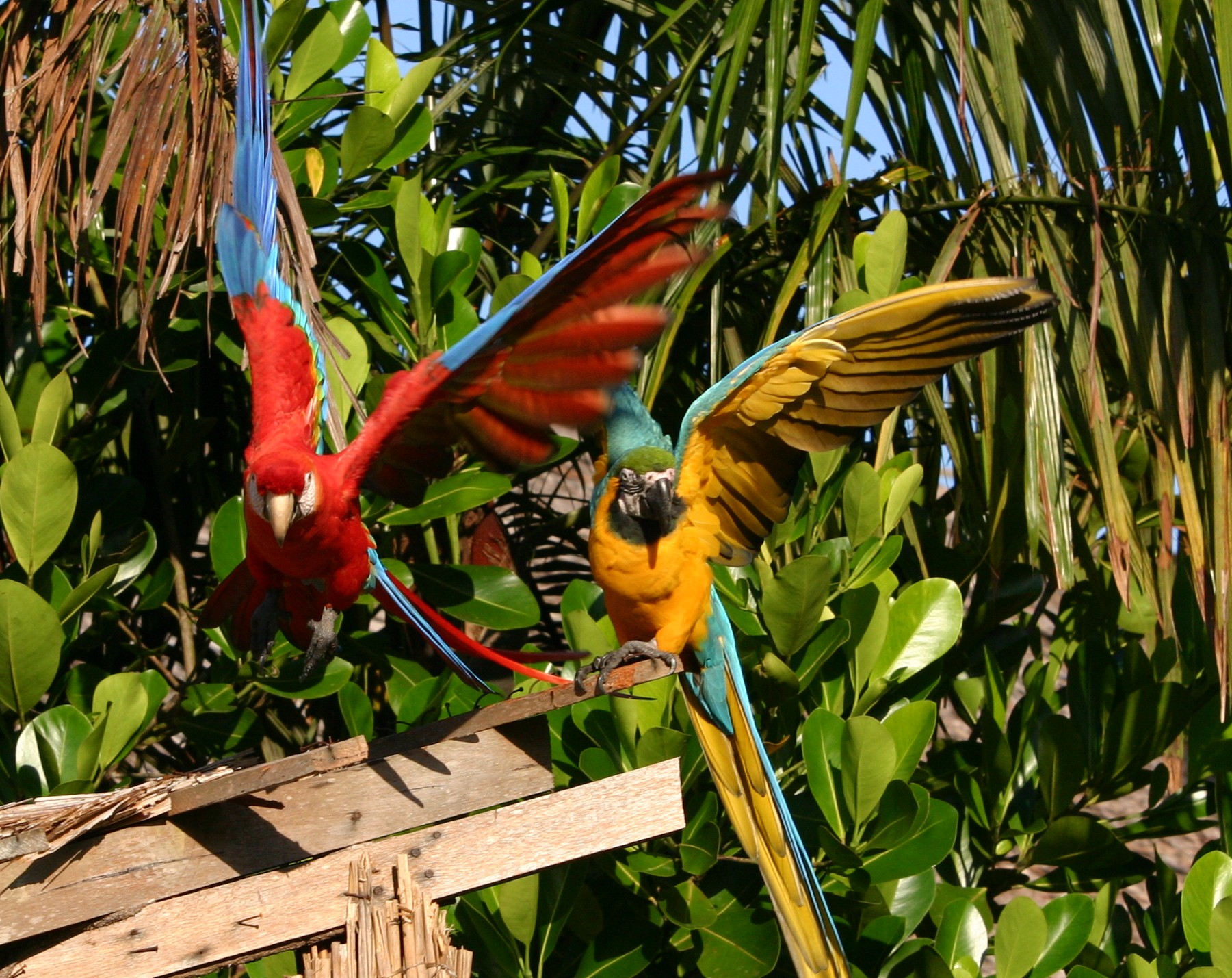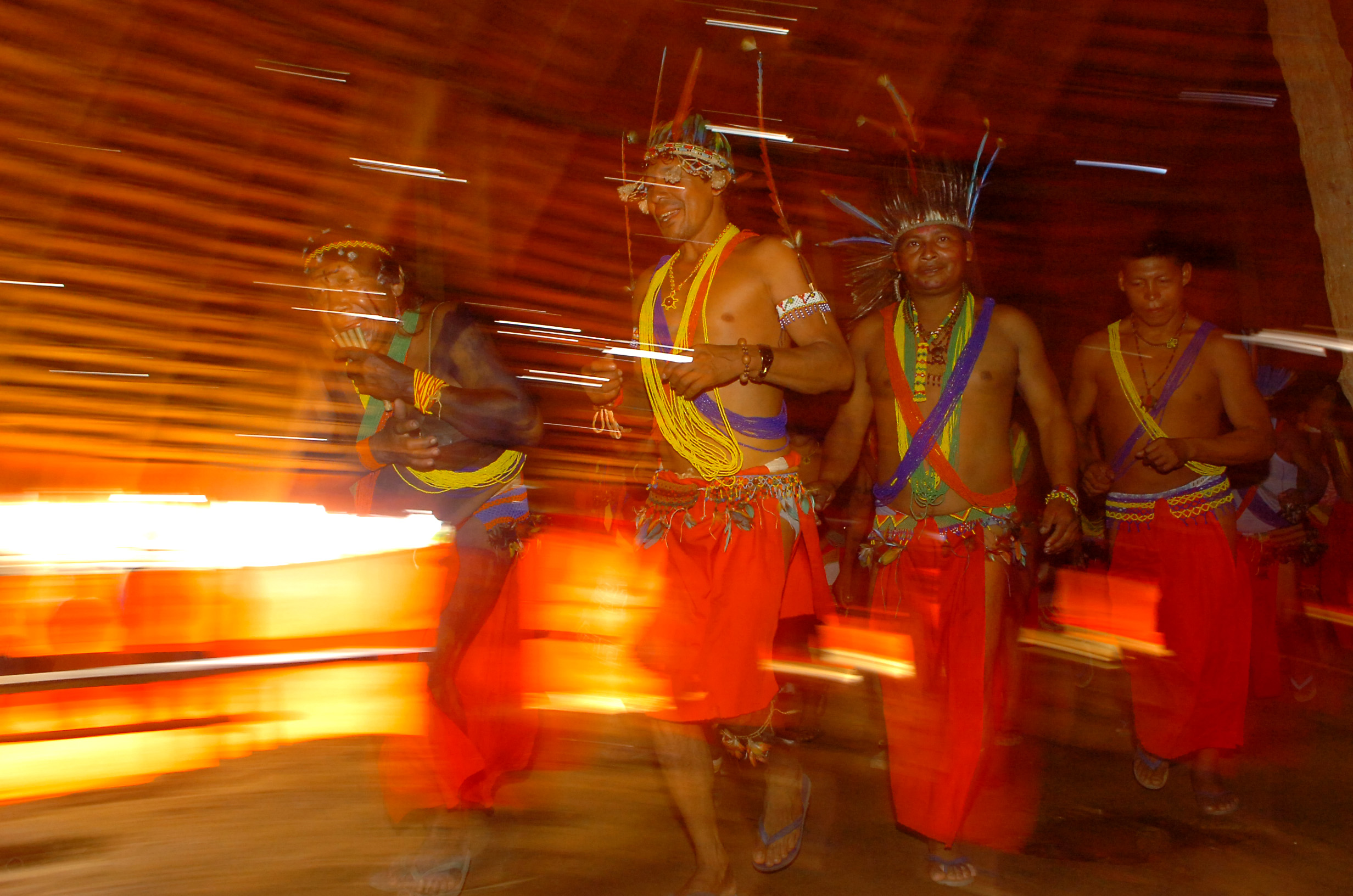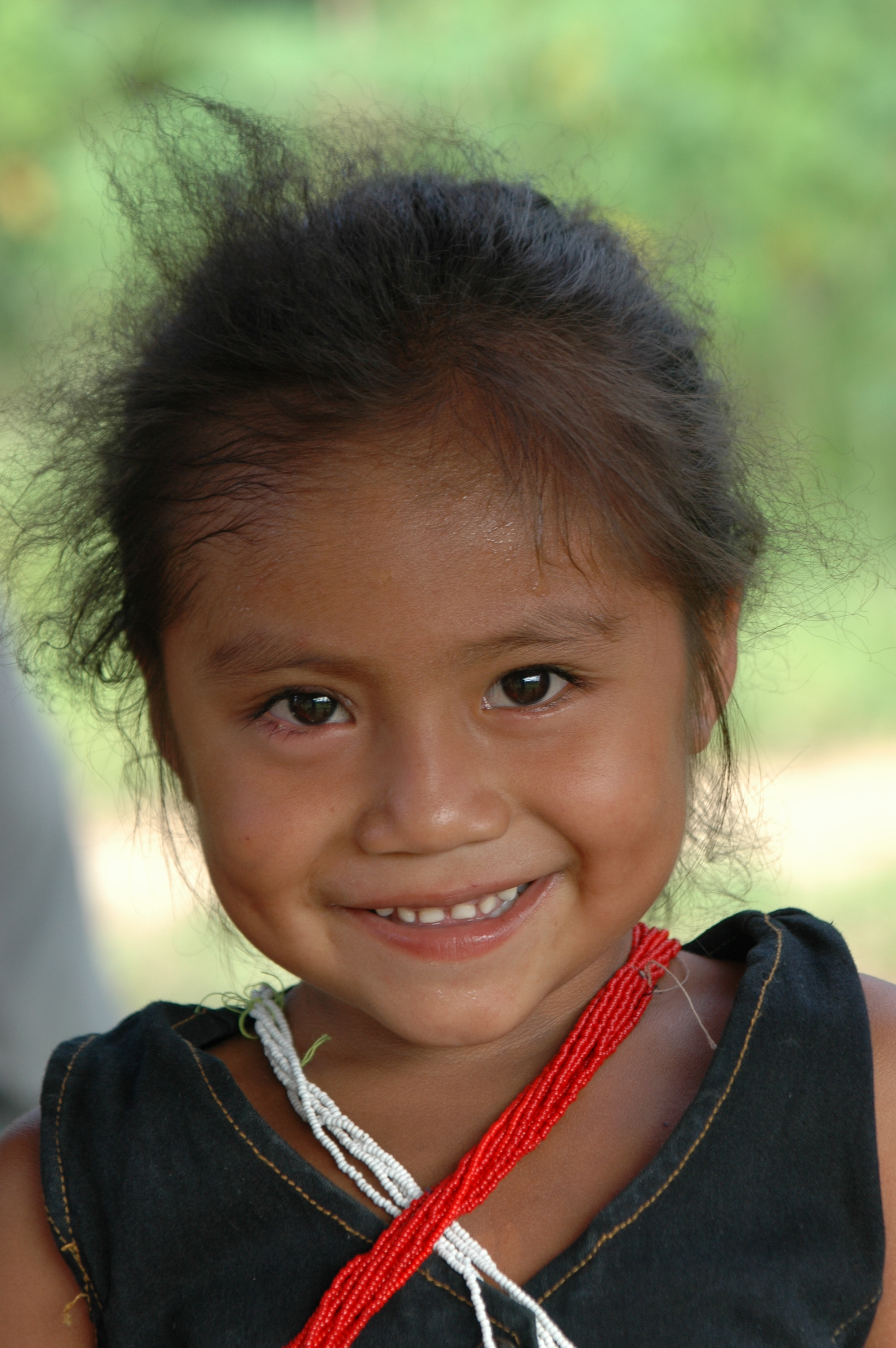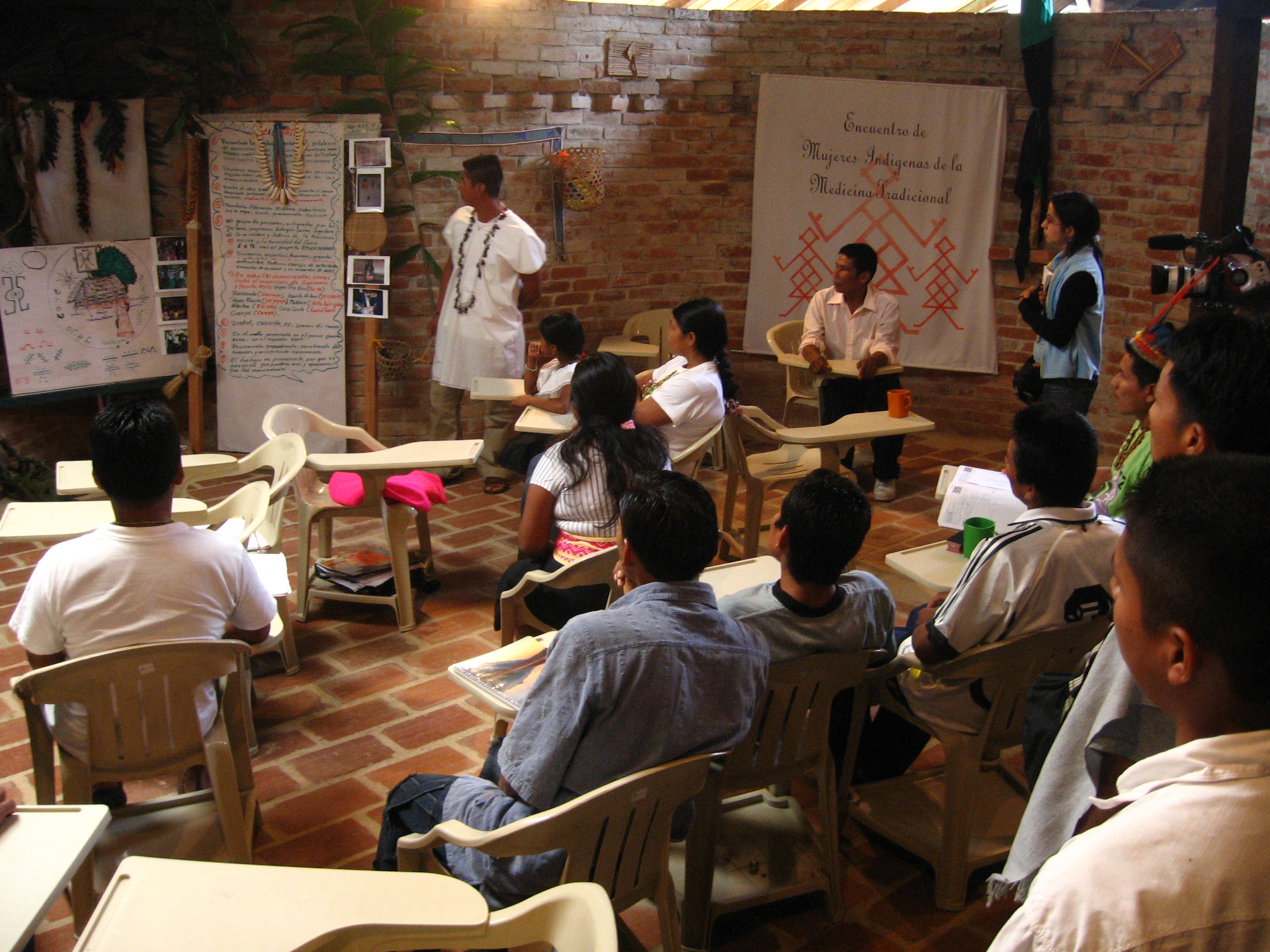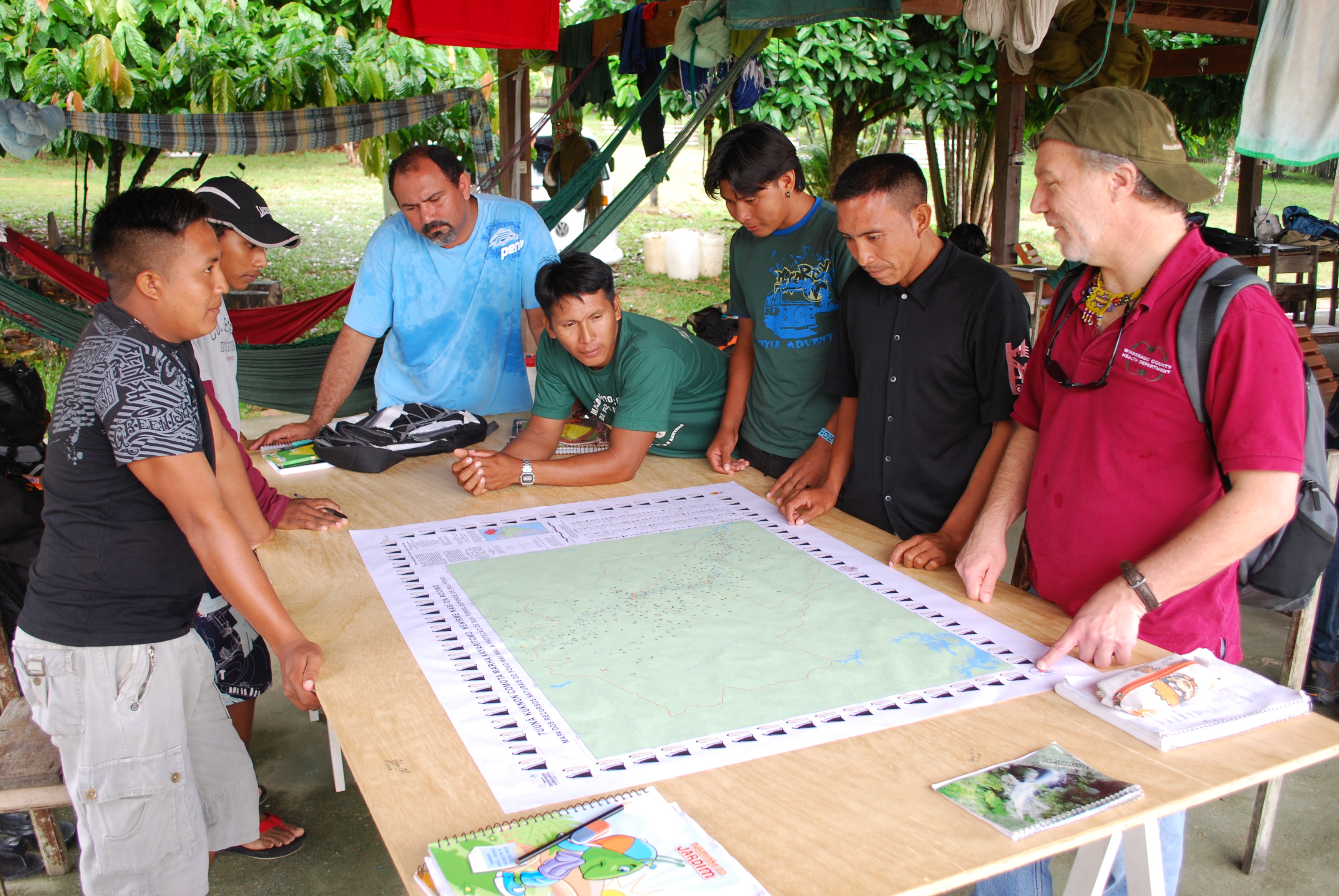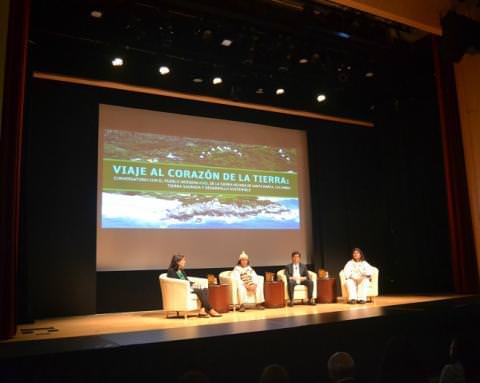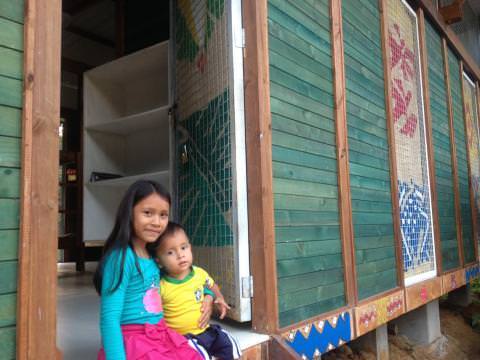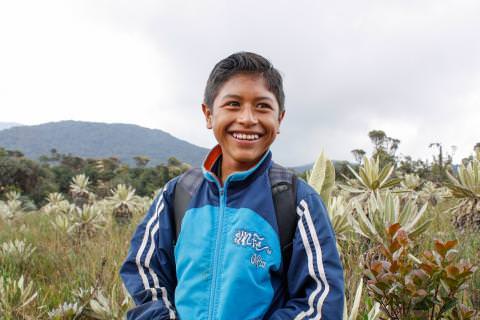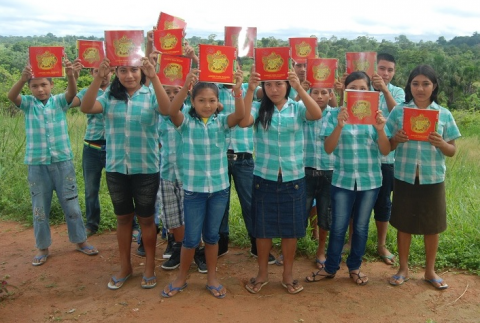News
Biodiversity
The survival of the Amazon has great ramifications for life across the planet. A healthy and intact Amazon forest will help stabilize the climate patterns on which world economies and ecosystems depend, and will continue to serve as the planet’s greatest storehouse of biodiversity, sheltering a vast array of species of potentially profound value to…
Read MoreCulture
Modernity has brought with it swift and abrupt changes to the cultures of traditional indigenous communities, and has historically left a wake of both environmental and cultural destruction across the Amazon. ACT has observed that in the Amazon, environmental health is often proportional to the strength of indigenous culture. ACT’s cultural programs, in tandem with…
Read MoreOur Success
The Amazon Conservation Team (ACT) protects the rainforest by working in close partnership with indigenous peoples. Our approach combines idealism, innovation, tradition, science, spirituality and social entrepreneurship. Within these larger measurements, we look to more specific outcomes such as the number of indigenous associations officially registered in their nations and granted governance rights, whether in…
Read MoreOur Strategy
The mapping of indigenous lands has been one of ACT’s most powerful tools in conserving the Amazon rainforest in partnership with indigenous peoples. Very often, ACT’s strategy for the conservation of indigenous lands begins with the generation of a detailed “ethnographic” map that clearly demarcates the region claimed by indigenous groups as their ancestral territory;…
Read MoreOur Goals
The Amazon Conservation Team seeks to steadily increase the number of indigenous peoples in Amazonia able to monitor, sustainably manage and protect their traditional forestlands, and by extension significantly increase the area of Amazonian rainforest enjoying considerably improved protection.
Read MoreACT and the Kogi Purchase Second Sacred Site
ACT raised funds to purchase a 70-acre property next to Jaba Taniwashkaka—the first Kogi coastal sacred site we acquired and protected in 2013, preventing its purchase by developers who had preliminary plans to build a large resort and marina there.
Read MoreYachaikury Prepares for a Facelift
Yachaikury—the ACT-sponsored ethnoeducation school of the Inga people—may soon be funded by the government for its master architectural plan. By improving dormitories, classrooms and bathrooms, Yachaikury will become an even better place for children to live and learn.
Read MoreIntroducing the Monthly Giving Program
This month, ACT launches its monthly giving program—a way for donors like you to provide our indigenous partners, such as Alex Miguel Botina (pictured above), with a reliable, steady source of funding for projects. Those who join will enjoy a few perks including a tour of the ACT office and a bracelet made by one…
Read MoreACT Materials to Become Educational Tools in Surinamese Primary Schools
Through generous funding from Nature’s Path and the Tico Torres Foundation, ACT created Junior Park Ranger manuals in partnership with our trained park guards. These booklets teach children about local flora and fauna, as well as basic principles of conservation.
Read MoreIn Memoriam: Daniel Matapí and Dr. Roberto Franco
On September 6, 2014, ACT lost two wonderful and beloved ACT colleagues. Daniel Matapí served as a field coordinator for our work with indigenous groups of the Colombian Amazon, particularly with groups associated with his lineage, the Matapí, Yukuna, Nonuya, and Muinane of the lower Caquetá. He was born and raised in the Amazon, spoke four languages, and was equally adept at training western scientists, negotiating with tribal leaders, launching field programs, and hacking trails through the jungle. His unfailing good humor and indefatigable optimism will never be forgotten.
Read More

